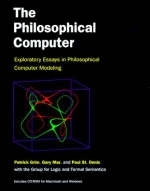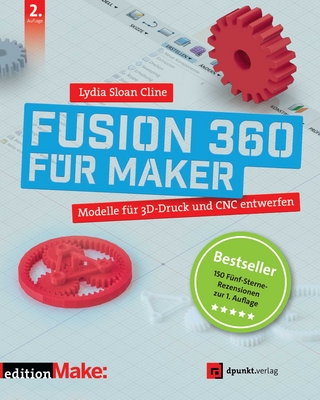
The Philosophical Computer
MIT Press (Verlag)
978-0-262-07185-7 (ISBN)
- Keine Verlagsinformationen verfügbar
- Artikel merken
Philosophical modeling is as old as philosophy itself; examples range from Plato's Cave and the Divided Line to Rawls's original position. What is new are the astounding computational resources now available for philosophical modeling. Although the computer cannot offer a substitute for philosophical research, it can offer an important new environment for philosophical research.
The authors present a series of exploratory examples of computer modeling, using a range of computational techniques to illuminate a variety of questions in philosophy and philosophical logic. Topics include self-reference and paradox in fuzzy logics, varieties of epistemic chaos, fractal images of formal systems, and cellular automata models in game theory. Examples in the last category include models for the evolution of generosity, possible causes and cures for discrimination, and the formal undecidability of patterns of social and biological interaction.
The cross-platform CD-ROM provided with the book contains a variety of working examples, in color and often operating dynamically, embedded in a text that parallels that of the book. Source code of all major programs is included to facilitate further research.
Patrick Grim is Associate Professor in the Department of Philosophy at the State University of New York at Stony Brook.
Part 1 Chaos, fractals and the semantics of paradox: from the bivalent liar to dynamical semantics; the simple liar in infinite-valued logic; some quasi-paradoxical sentences; the chaotic and logistic liars; chaotic dualists and strange attractors; fractals in the semantics of paradox; the triplist and three-dimensional attractors; philosophical and metalogical applications. Part 2 Notes on epistemic dynamics: toward a simple model - some basic concepts; self-reference and reputation -the simplest cases; epistemic dynamics with multiple inputs; tangled reference to reputation; conclusion. Part 3 Fractal images of formal systems: the example of tic-tac-toe; "rug" enumeration images; tautology fractals; the Sierpinski triangle - a paradoxical introduction; a Sierpinski tautology map; value solids and multi-valued logics; cellular automata in value space; conclusion. Part 4 The evolution of generosity in a Hobbesian model: the prisoner's dilemma; classical strategies in iteration; generosity in an imperfect world; spatialization of the prisoner's dilemma; a note on some deeper strategies; greater generosity in an imperfect spatial world; conclusion. Part 5 Real-valued game theory - real life, cooperative chaos and discrimination: real life; chaotic currents in real life; real-valued prisoner's dilemmas; PAVLOV and other two-dimensional strategies; cooperative chaos in infinite-valued logic; the problem of discrimination; continuity in cooperation, the "veil of ignorance" and forgiveness; conclusion. Part 6 Computation and undecidability in the spatialized prisoner's dilemma: undecidability and the prisoner's dilemma; two abstract machines; computation and undecidability in competitive cellular automata; computation and undecidability in the spatialized prisoner's dilemma; appendix A -competitive strategies adequate for a Minsky register machine; appendix B - an algebraic treatment for competitive strategies.
| Erscheint lt. Verlag | 30.6.1998 |
|---|---|
| Verlagsort | Cambridge, Mass. |
| Sprache | englisch |
| Themenwelt | Geisteswissenschaften ► Philosophie ► Geschichte der Philosophie |
| Geisteswissenschaften ► Philosophie ► Philosophie der Neuzeit | |
| Informatik ► Grafik / Design ► Digitale Bildverarbeitung | |
| ISBN-10 | 0-262-07185-1 / 0262071851 |
| ISBN-13 | 978-0-262-07185-7 / 9780262071857 |
| Zustand | Neuware |
| Haben Sie eine Frage zum Produkt? |
aus dem Bereich


